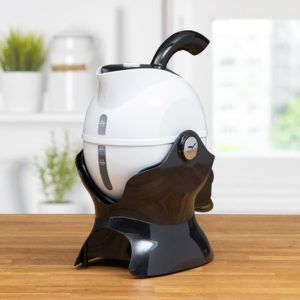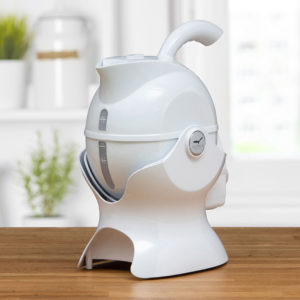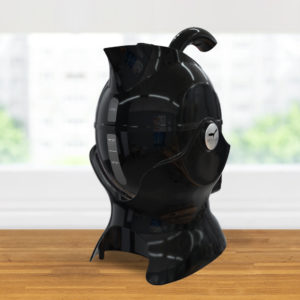Knee pain at night is a common issue that affects many people. It can often disrupt sleep and impact your overall health and quality of life. Health Direct asserts that various conditions can cause nocturnal knee discomfort, including:
- arthritis
- bursitis
- gout
- tendonitis
Understanding the causes and exploring treatment options can help you find relief and enjoy a good night’s sleep.
“Various conditions, including arthritis, bursitis, gout, and tendonitis, can cause nighttime knee discomfort. The etiology of the knee discomfort determines treatment. Don’t put up with knee discomfort at night; get it checked out by your doctor, and you’ll be on your way to a decent night’s sleep in no time,”
-says health expert Layla Colling of Health Hero
Throughout the day, our knees experience various tensions and strains. When we finally get to relax and unwind, knee pain can intensify, disrupting our rest. Let’s examine some common causes of knee pain at night and potential treatment options.
1. Gout
Gout is a frequent cause of nighttime knee pain. The buildup of uric acid in the body leads to crystal formation in the joints, resulting in inflammation, severe pain, and swelling.
2. Knee Arthritis
Arthritis is another prevalent cause of knee pain during the night. The condition weakens the knee cartilage and leads to the development of bone spurs, causing the joint space to narrow.
3. Inflammation and Physical Activity
Tendonitis, knee sprains and strains, trauma, bursitis, and rheumatoid arthritis are all conditions that can contribute to nighttime knee discomfort.
4. Growing Pains
Growing pains are a common cause of knee pain at night for children. During growth spurts, leg bones may grow faster than the leg muscles can stretch, leading to nighttime discomfort.
Remedies to alleviate nighttime knee pain:
Ice or Heat Packs
Knee ice wraps are more effective in the short term after an injury, while heat pads are more beneficial in the long term. Apply them for 10-20 minutes before bedtime.
Elevate Your Legs
Elevate your legs on cushions or pillows for approximately 20 minutes before bed. This helps reduce knee swelling.
Find a Comfortable Sleep Position
If you sleep on your side, place a pillow between your knees; if you sleep on your back, place a pillow under your knee. Ensure your mattress is comfortable and supportive.
Take Medication
Consult your doctor about over-the-counter pain relievers and anti-inflammatory medications. They may recommend additional treatments or therapies.
Stretch
Stretch before going to bed and first thing in the morning. Stretching not only relieves muscle tension but also improves blood flow.













Leave a Comment